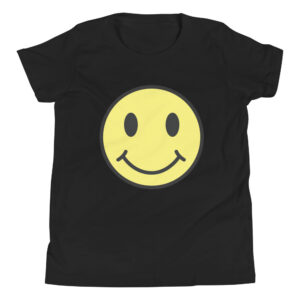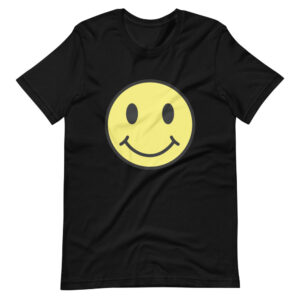The Living Language Of European Street Fashion
European street fashion is more than what people wear — it’s how they express rhythm, restraint, and personality through everyday choices. Across the continent, clothes are not just seasonal trends but reflections of local heritage, comfort, and confidence. From the Parisian insistence on simplicity to the Danish love of practicality, this quiet aesthetic celebrates individuality without shouting for attention.
How European Street Fashion Balances Past And Present
European street fashion thrives on the conversation between tradition and modernity. A crisp white shirt, perfectly cut trousers, or a vintage wool coat might sit beside sculptural sneakers or bold eyewear. This blend allows fashion to evolve naturally, grounded in cultural roots yet refreshed through new materials and silhouettes. What makes it timeless is this ability to reinvent without ever abandoning authenticity.
In cities like Paris, Florence, and Berlin, fashion feels lived in — shaped by daily routines rather than orchestrated moments. Locals rarely overdress; they curate instead, mixing textures and tones with an effortless touch that speaks of self-assurance and history intertwined.
European Street Fashion As A Reflection Of Craftsmanship
A defining element of European street fashion lies in craftsmanship. Italians perfect tailoring that flatters movement, while the French refine their mastery of proportion. Northern Europe brings functionality into the conversation, ensuring that garments endure both trend cycles and weather patterns.
From hand-stitched leather shoes to perfectly aged denim, there’s an understanding that quality isn’t indulgence — it’s the baseline. European designers often build collections inspired by these real-world values, drawing from street style as a pulse of genuine creativity rather than runway spectacle.
Sustainability And The Slow Wardrobe Movement
Another reason European street fashion endures is its natural connection to sustainability. The culture prizes garments that last, echoing a belief in longevity over consumption. Many Europeans view their wardrobes as evolving archives — pieces to be worn, repaired, and reinvented across seasons.
This slow fashion mindset contrasts sharply with fast fashion’s disposability. In cities like Amsterdam and Stockholm, vintage markets and repair studios thrive, where clothing tells a story that deepens with age. Sustainability here isn’t just an eco-trend — it’s a deeply rooted value that reinforces fashion as an act of care, not convenience.
Why Designers Continue To Look Toward European Street Fashion
The global fashion industry still turns to European streets for direction. Designers scout café-lined boulevards and creative districts, watching how people adapt high-end pieces for real life. What they see is authenticity — an attitude that transforms clothing into identity rather than costume.
Runway collections may borrow ideas from these streets, but the streets themselves never feel contrived. The unspoken rule is that style must serve comfort, function, and personality all at once. In that quiet balance lies the enduring charm of street fashion.
The Subtle Power Of Everyday Confidence
Ultimately, European street fashion proves that timelessness is born from self-awareness. It’s not about owning the most clothes but knowing which ones matter. When fit, fabric, and feeling align, fashion becomes second nature — something lived rather than displayed.
This is what keeps the European approach inspiring: it evolves through people who see dressing well as part of living well. It’s an attitude of quiet pride, reminding us that true style doesn’t fade with time — it adapts, refines, and endures.






